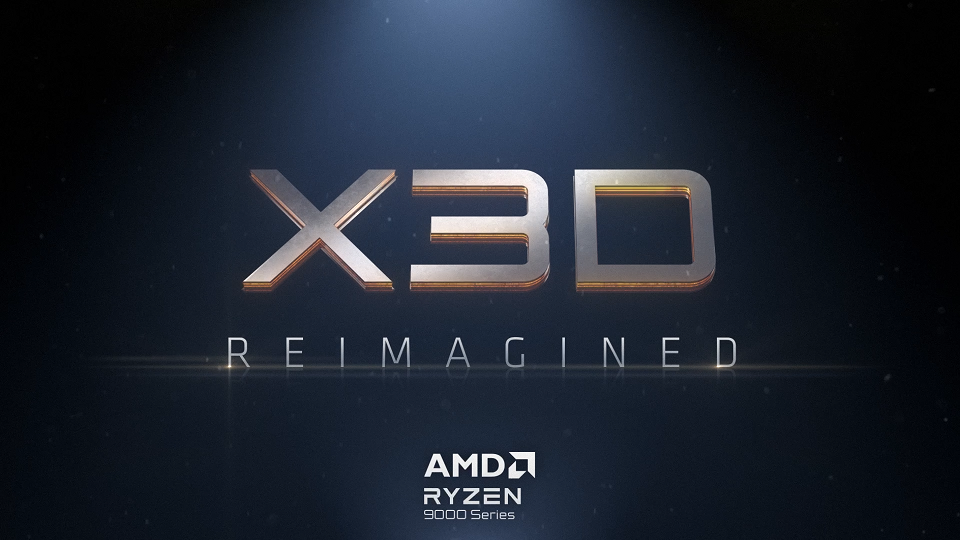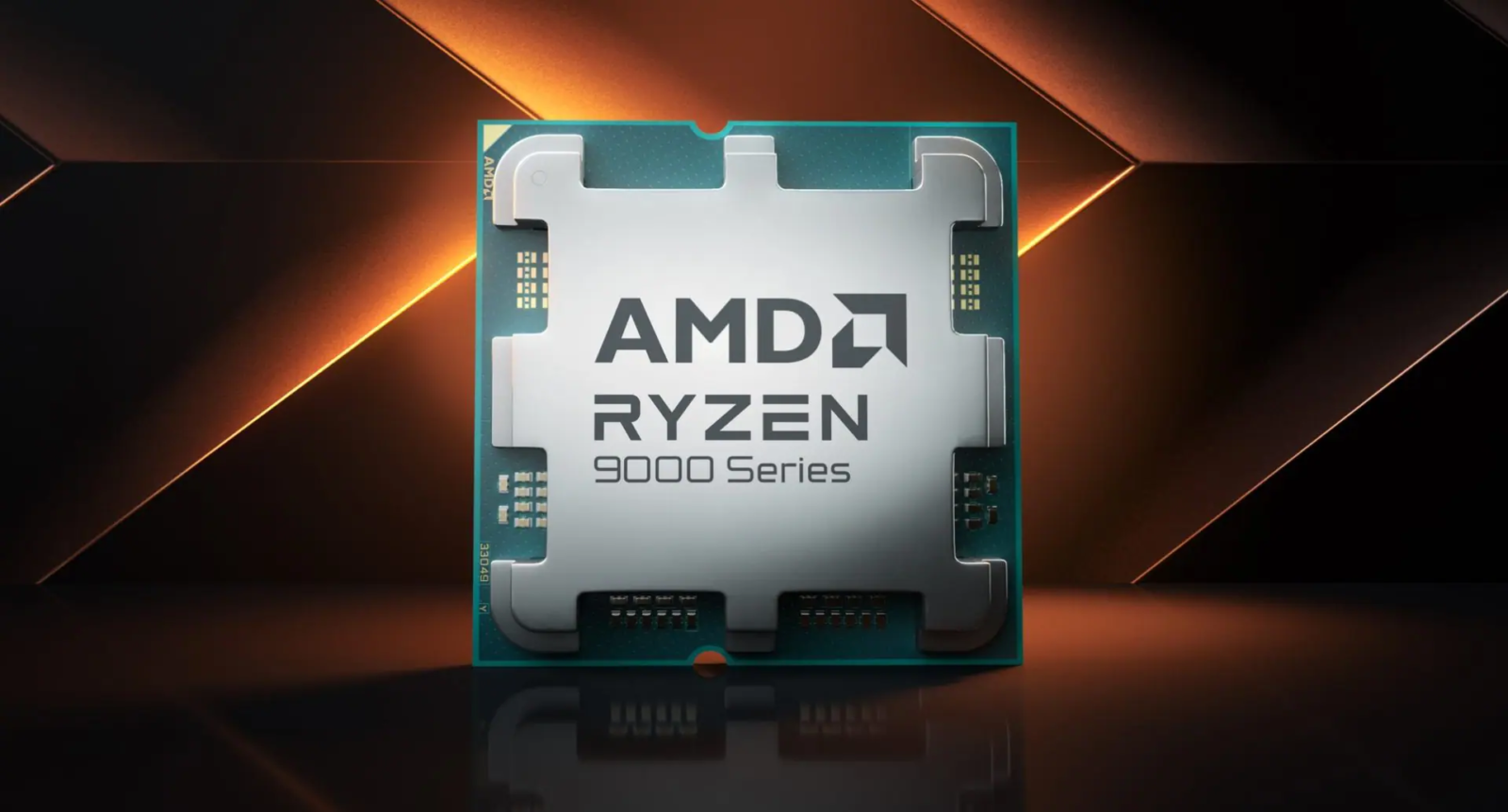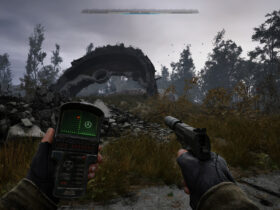Today, AMD introduced new desktop computing products, offering better performance for gamers. The lineup includes the new AMD Ryzen 7 9800X3D desktop processor, based on the “Zen 5” architecture and utilizing second-generation AMD 3D V-Cache technology. With the AMD Ryzen 7 9800X3D processor, AMD has re-engineered its cutting-edge on-chip memory solution using second-generation AMD 3D V-Cache. The 64 MB cache memory has been repositioned below the processor, bringing the core complex die (CCD) closer to the cooling solution to help keep the “Zen 5” cores cooler, ensuring high clock speeds and delivering up to an 8% average improvement in gaming performance compared to our last generation and up to 20% on average against the competition. This revolutionary repositioning allows for extreme overclocking of the processor. It is the first X3D processor to be fully unlocked, enabling enthusiasts and gamers to push its performance to new limits.
Jack Huynh, senior vice president and general manager of computing and graphics, stated:
We continue to push the boundaries of performance and innovation in desktop computing, providing solutions that exceed the needs of gamers and creators. With the introduction of the Ryzen 7 9800X3D processor, built on our advanced ‘Zen 5’ architecture, we are elevating gaming performance like never before. Equipped with innovative second-generation AMD 3D V-Cache technology, this processor reflects our commitment to excellence and our ability to innovate in ways that redefine the industry.
In combination with the advanced “Zen 5” processor architecture, AMD 3D V-Cache technology enables the highest gaming performance on the market. While the generational increase in average FPS is around 8%, many games, such as Star Wars Outlaws, will see double-digit percentage improvements across generations. Additionally, the Ryzen 7 9800X3D processor shows significant generational improvements in minimum frame rates, even when average frame rates are similar, providing users with a smoother experience and less stuttering – for example, in The Last Of Us: Part 1, where the Ryzen 7 9800X3D has a similar average frame rate to the competition but boasts a 31% higher low frame rate at the 1% mark.










